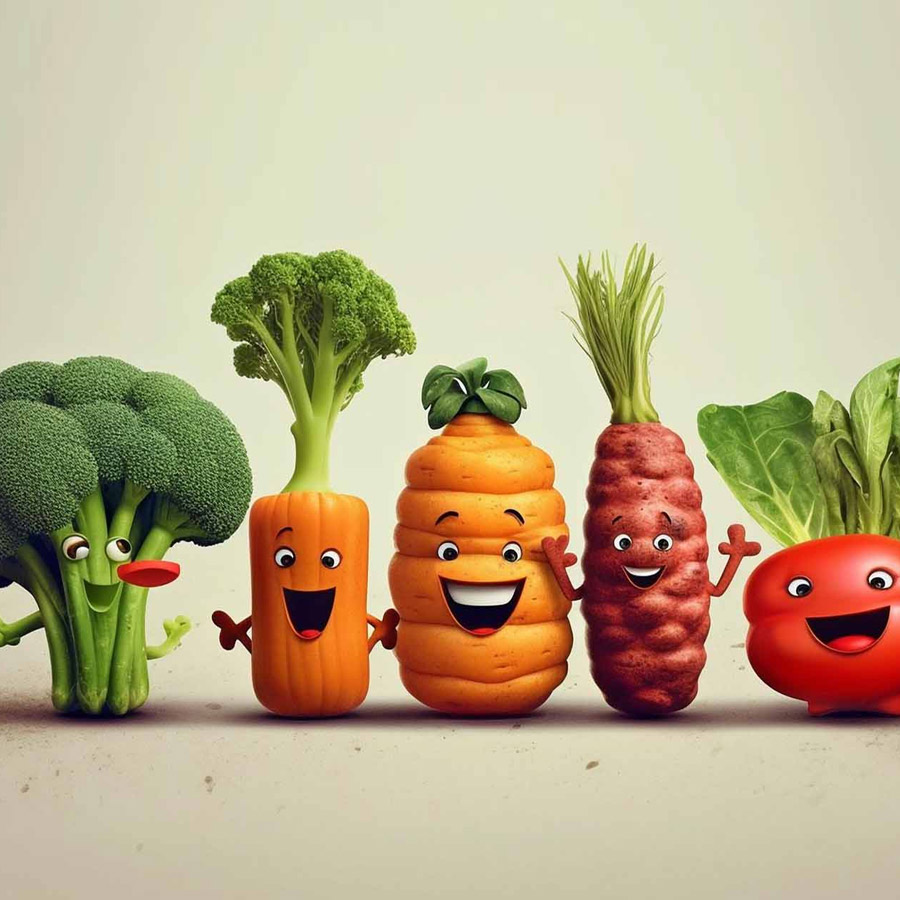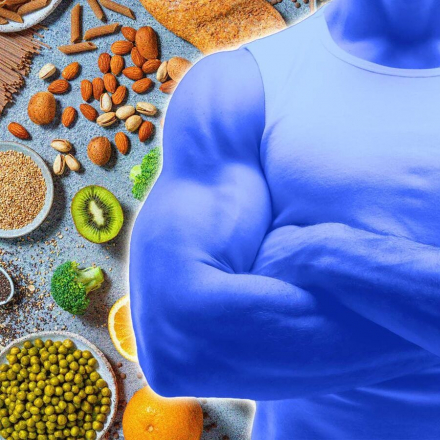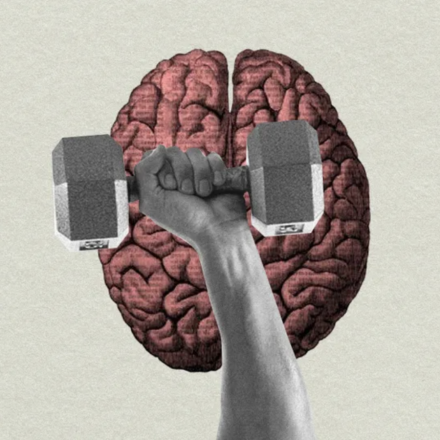Vegetables are an important part of a healthy diet, providing our bodies with vitamins, minerals, and fiber. However, even the most beneficial foods have their "downside". Excessive consumption of some vegetables or having certain health conditions can lead to more harm than good. Here are six vegetables that may pose risks if consumed in excess or if you have specific health issues.
Green Peas
Green peas are often found in canned form, and despite their nutritional benefits, their consumption should be limited. The purines in peas can increase gas formation, disrupt metabolism, and contribute to fat accumulation in the liver. For older adults, excessive consumption of peas can cause muscle pain. Canned peas also contain high amounts of sugar and salt, making them risky for people with pancreatic and gastrointestinal issues.
Tomatoes
Tomatoes are rich in vitamin C and lycopene, a powerful antioxidant that reduces the risk of cancer and cardiovascular diseases. However, the body can only absorb up to 22 mg of lycopene per day, equivalent to three small tomatoes. For people with gout, tomatoes can trigger attacks, and their acids may irritate the stomach and intestinal lining. Tomatoes with high nitrate levels, especially those grown in soil, also pose a risk.
Potatoes
Potatoes are a source of potassium, which helps remove excess fluid from the body. However, their high glycemic index can lead to increased blood sugar levels and weight gain. Potatoes contain a lot of starch, which, when cooked, turns into simple carbohydrates. The skin of potatoes contains solanine, which can negatively affect the nervous system. Greenish potatoes can lead to mild poisoning.
Beets
Beets are high in sugar, making them unsuitable for people with diabetes. They also interfere with calcium absorption, which can be problematic for those with osteoporosis. In both raw and cooked forms, beets increase stomach acidity, making them unsuitable for those with gastritis. The high content of calcium oxalate can exacerbate kidney problems.
Cabbage
Cabbage is popular for its crunchy texture and nutritional content but can cause bloating and discomfort in the intestines. People with pancreatic disorders and enzyme deficiencies should be cautious with cabbage. Even healthy individuals should limit their intake to 150 grams per day.
Eggplants
Like potatoes, eggplants can contain solanine, especially in mature fruit. Therefore, it's better to peel them before cooking to avoid mild poisoning. The flesh of eggplants also contains substances that can contribute to the formation of oxalate stones in the kidneys. Regular consumption of eggplants may lead to health issues.
Despite the many benefits of vegetables, it's important to be aware of their potential drawbacks and consider individual health conditions when planning your diet.


















